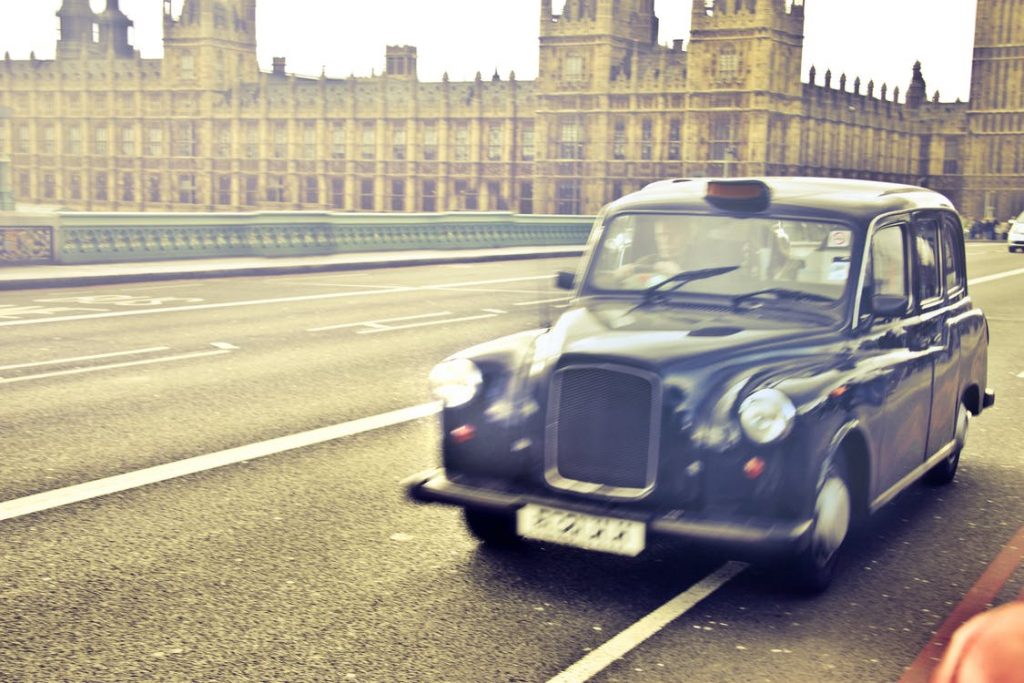The revolution will not be televised.
Worboys needs no introduction. He was a grand-scale sexual predator. A sophisticated deceiver. A man who perpetrated evil against women over many years. That much has been televised.
A secondary story at the heart of Worboys malignity, is a genuine revolution, not a tabloid feeding frenzy. This is about police failures. And police accountability for failures. And a 53 page judgement of the Supreme Court about what lawyers call “Private Law”.
Private Law is the law that you and I use. It is about us, real people. It is the legal system that protects individuals, that can, and is every day, used by individuals to protect themselves.
Private Law is ordinary day to day personal injury claims, clinical negligence claims, all those countless small legal actions about individuals getting something from a business, a public body, against someone who has committed a wrong against them that the law recognises as a wrong.
This Worboys related revolution rewrites textbook assumptions on the rights of individuals. It is a precedent in the real sense. It makes actual law that the next person can use.
It means that when the police fail to do their job properly, that lame excuse that disciplinary action has been taken against an individual officer, is no longer the end of the story. It means that the complainant, the victim of a crime that has not been properly investigated, can personally pursue the police for their failings.
This revolution is not the public overthrow of The State. It is about words and legal formulations of duties, and how the discharge of these duties are now subject to forensic investigation by individuals failed by the police.
We’ve seen and heard of numerous public inquiries over the years into police failures, usually leading to Judges presenting lists of operational and attitudinal deficiencies.
Remember Lord Scarman and the phrase “institutional racism”. That was about the police.
At this moment there is the Child Sexual Abuse Inquiry, which, as well as scrutinising State failings, will dismember decades of police failings.
But that inquiry, and all public inquiries, are about fact gathering, and future proofing. They stand as a curious arm of The State inspecting itself.
The Supreme Court Judgement in this Worboys case isn’t about The State going through a kind of introspection. Its about a power shift from The State to the individual.
This Judgement, hence this revolution, is not about a kind of public achievement by an individual on behalf of us all. It’s about the personal – two women, victims of Worboys, holding the Met Police to account for their failings, specifically their failing to those two women.
This Judgement is about Human Rights law.
Article 3 of the European Convention for the Protection of Human Rights and Fundamental Freedoms, protects individuals against being “subjected to torture or to inhuman or degrading treatment or punishment”.
This Judgement establishes that individuals subjected to torture or inhuman or degrading treatment, can sue the police if the police fail to properly investigate such treatment, have a civil court scrutinise the police investigation, and award damages to an individual because of police failings. It is a revolution, and, in my book, long overdue.
